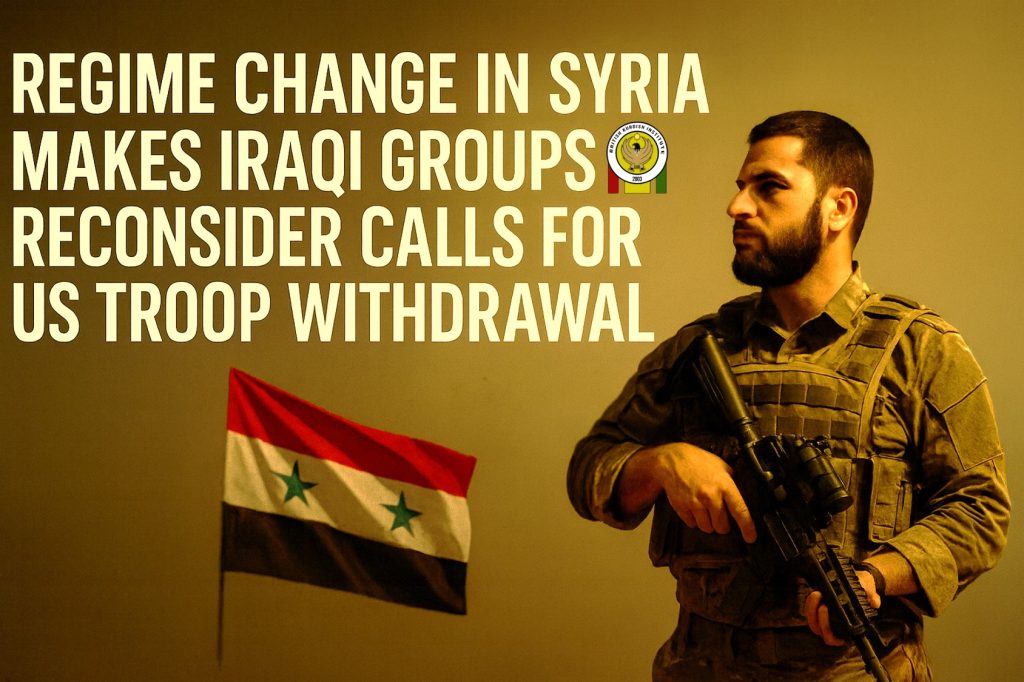Iraqi armed groups are reconsidering their demands for the withdrawal of US forces after the fall of Syrian President Bashar al-Assad, according to both Iraqi and American officials. The shift marks a significant change in Iraq’s political and security landscape, reflecting new regional realities and fears of a potential ISIS resurgence.
Background: US Withdrawal Agreement
In 2023, Iraq and the United States signed a phased withdrawal agreement, set to begin in September 2024. The deal outlined the gradual end of the international coalition’s mission against ISIS. At the time, Iraqi leaders insisted that the threat of ISIS was contained, making Washington’s continued military presence unnecessary.
Pro-Iranian armed groups and political parties in Iraq strongly pushed for the removal of US troops, particularly after the escalation of the Gaza war. For them, ending America’s role in Iraq was both a strategic and ideological priority.
Assad’s Fall and Its Impact on Iraq
Everything changed on December 8, 2024, when the Syrian Liberation Council (SLF) and its Sunni Islamist allies toppled Assad’s regime in Damascus. Assad’s downfall not only weakened Iran’s regional influence but also raised alarm among Iraqi factions aligned with Tehran.
The collapse of Syria’s pro-Iran government created deep security concerns in Iraq. Many officials fear that ISIS could exploit the power vacuum in Syria, regroup, and relaunch cross-border attacks. The disbanded Syrian army’s abandoned weapons further increase this risk, as extremists may use them to reclaim former strongholds.
Iraqi Leaders Reassess US Presence
“As a result of what happened in Syria, most of the leaders of the coordination framework now support the continued presence of US forces in Iraq,” one Iraqi security source confirmed. Another senior defense official revealed that Iraqi authorities have privately urged the postponement of US troop withdrawal.
A national security advisor explained, “It is not in Iraq’s interest to call for US withdrawal at this time.” Fear of instability and ISIS’s return is pushing even once-staunch opponents of the US presence to reconsider their position.
Official Silence, Private Concerns
So far, Baghdad has not publicly announced any extension of the coalition mission. Government spokesman Bassem Awadi recently stated that the withdrawal timetable “has not changed.” However, behind the scenes, top Iraqi officials are debating whether to officially request an extension.
The Popular Mobilization Forces (Hashd al-Shaabi), made up of mainly pro-Iranian factions, previously fought ISIS during its rise in Iraq. While these groups once called for the expulsion of US troops, they have paused attacks on American bases since Assad’s fall.
Historical Echoes and Future Risks
Experts argue that Iraq’s anxiety reflects its history. Many current leaders lived through the chaos after Saddam Hussein’s downfall, when a security vacuum allowed extremist groups to thrive. Rinad Mansour of Chatham House noted that, despite political tensions, both the Hashd al-Shaabi and US forces were once united against a common enemy: ISIS.
“The resurgence of ISIS is not guaranteed, but it remains a strong possibility,” an Iraqi defense official cautioned. With the regional balance of power shaken by Assad’s fall, Iraq faces a difficult choice: stay the course with the US withdrawal plan or extend the coalition’s presence to safeguard its fragile stability.









